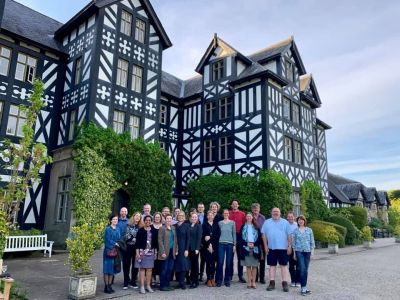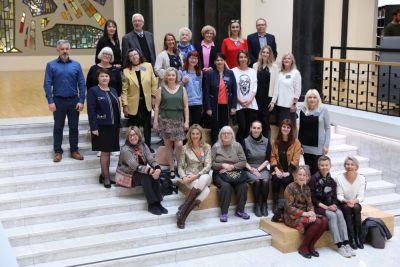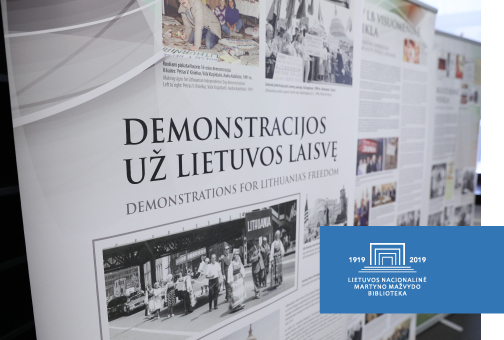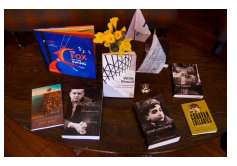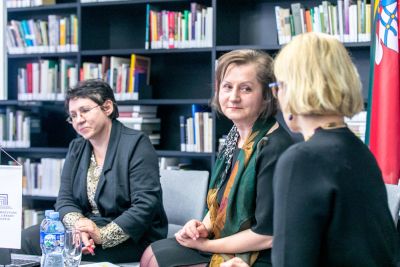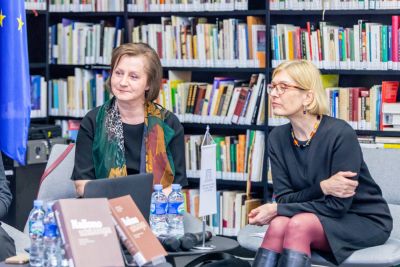On June 14, 1949 in Augsburg, Germany, Lithuania’s Supreme Liberation Committee published a pocket-size book World Community of Lithuanians (Dr. Haas & Cie., KG., Augsburg), also known as the Lithuanian Charter. The document laid the foundations of the Lithuanian World Community, Inc., brought together and provided the new meaning to thousands of Lithuanian war refugees.
The Lithuanian Charter empowered Lithuanians, who after WWII once again found themselves homeless, to continue to fight for Lithuania’s independence and to strive to maintain at all costs not only the family and kinship, but also the national connection, so that “each countryman met abroad [would] be like brother.”
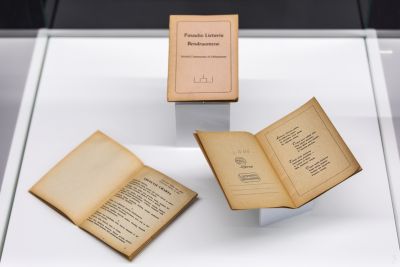
The Lithuanian Charter is exhibited at the National Library of Lithuania.
The publication of the Lithuanian Charter was Committee’s response to the rapidly changing situation of Lithuanian war refugees in post-war Germany and the future full of anxiety and uncertainty. At the end of the war, it became clear that Lithuania would not regain its independence yet, therefore many refugees decided to take advantage of the opportunity to immigrate to Canada, Australia, the United States and other countries not affected by war. Prelate Mykolas Krupavičius, the chairman of the Committee, and other members of the organization decided to establish a Lithuanian community in each country and create one united Lithuanian community abroad.
Continue reading “The Lithuanian Charter Turns Seventy”